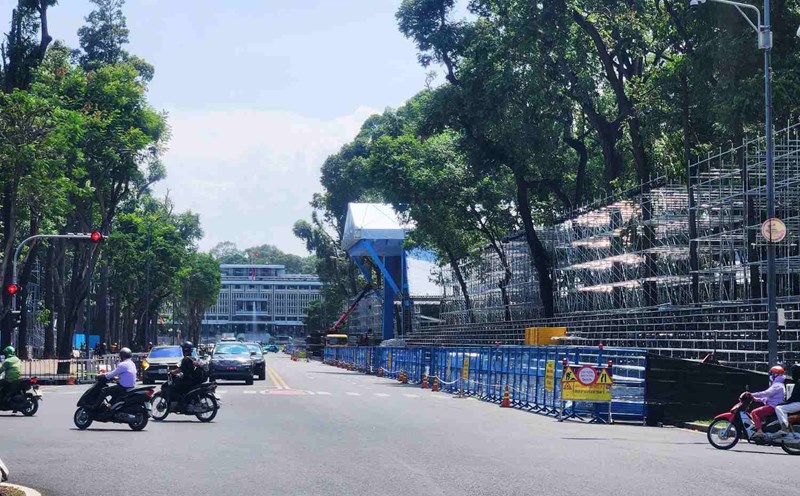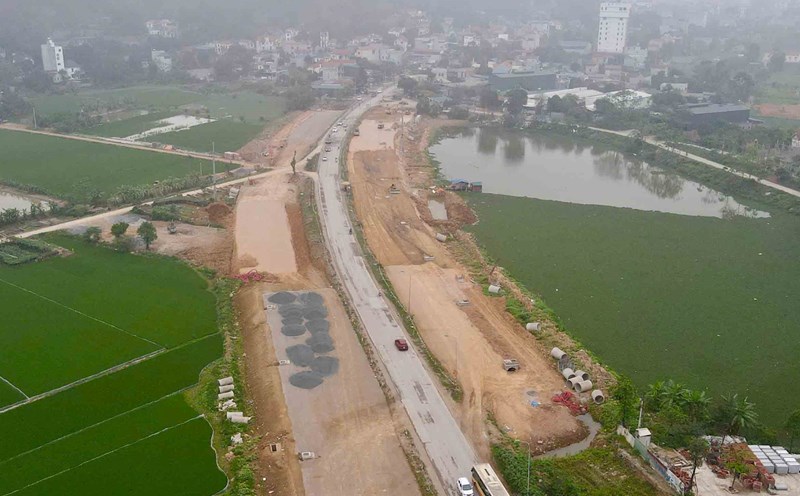Domestic coffee prices
Domestic coffee prices today decreased by about 2,000 VND/kg compared to the previous session, extending a series of consecutive sharp declines.
In Dak Lak and Gia Lai, coffee prices are trading around 118,000 VND/kg, down 2,000 VND/kg compared to yesterday. In Dak Nong, coffee remained at 118,000 VND/kg, also decreasing similarly. Lam Dong recorded the lowest among the surveyed localities, only 116,000 VND/kg.
This is the 5th consecutive decline in the domestic coffee market since the beginning of April 2025, with a total decrease of more than VND 12,000/kg. The sharp decline has caused domestic coffee prices to return to the bottom of many months.
World coffee prices
In the world market, coffee prices also fluctuated negatively. The London Stock Exchange saw Robusta futures for May 2025 slightly decrease by 6 USD/ton, closing at 4,822 USD/ton. Other terms fell further, with the November 2025 term losing up to 23 USD/ton, to 4,663 USD/ton.
On the New York Stock Exchange, Arabica futures for May 2025 decreased by 1.9 cents/lb to 342.9 cents/lb. Other terms such as July and September all lost about 0.6 - 0.85 cents/lb, maintaining prices below 343 cents/lb.
Global tariff pressure and supply and demand
The main reason continues to come from the concern that the US will impose import tariffs on goods from Vietnam, including coffee. Although some exporting enterprises affirmed that green coffee beans are still entitled to a tax rate of 0%, market developments show that the fear of fearing has strongly affected sell-off.
Speculators took advantage of the profit-taking opportunity, while forecasts of Robusta coffee output from Brazil and Vietnam both showed good resilience, increasing downward pressure. Many dealers believe that if Brazil and Vietnam both have a harvest season with abundant output, world coffee prices will have a hard time re hoping to increase in the short term.
In the Central Highlands, farmers are struggling to maintain their coffee gardens in harsh weather conditions. Dak Lak - the coffee capital of the country with more than 212,000 hectares of coffee - cannot avoid the double impact of climate change and downward price pressure. In Dak Nong, farmers are having to strengthen water-saving irrigation measures and optimize costs to stay strong in the context of difficulties.











